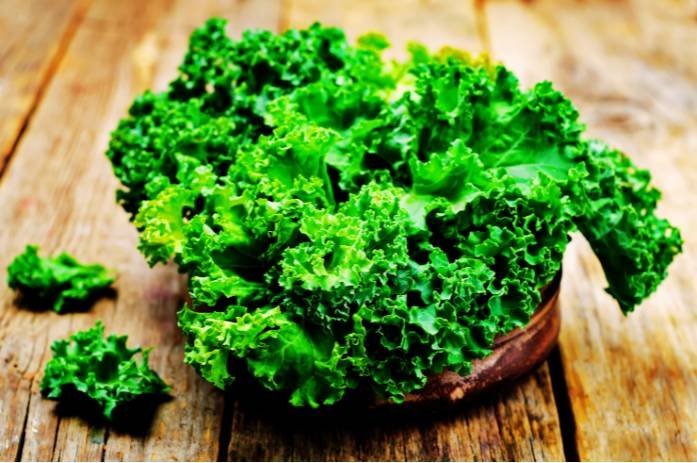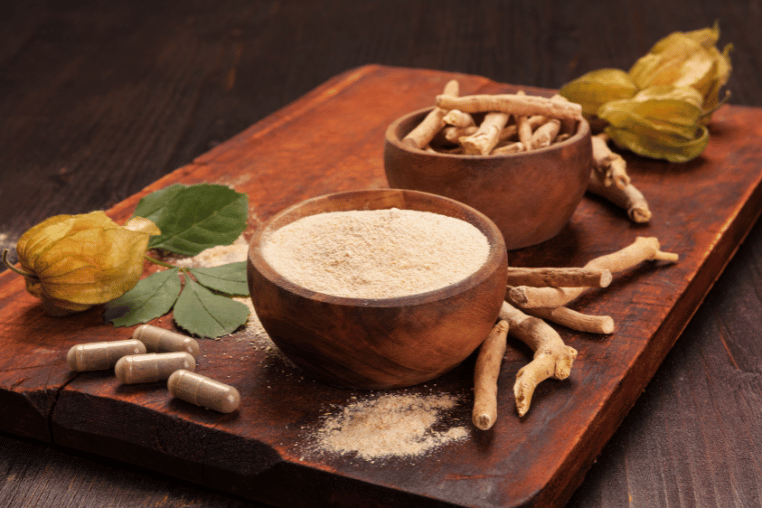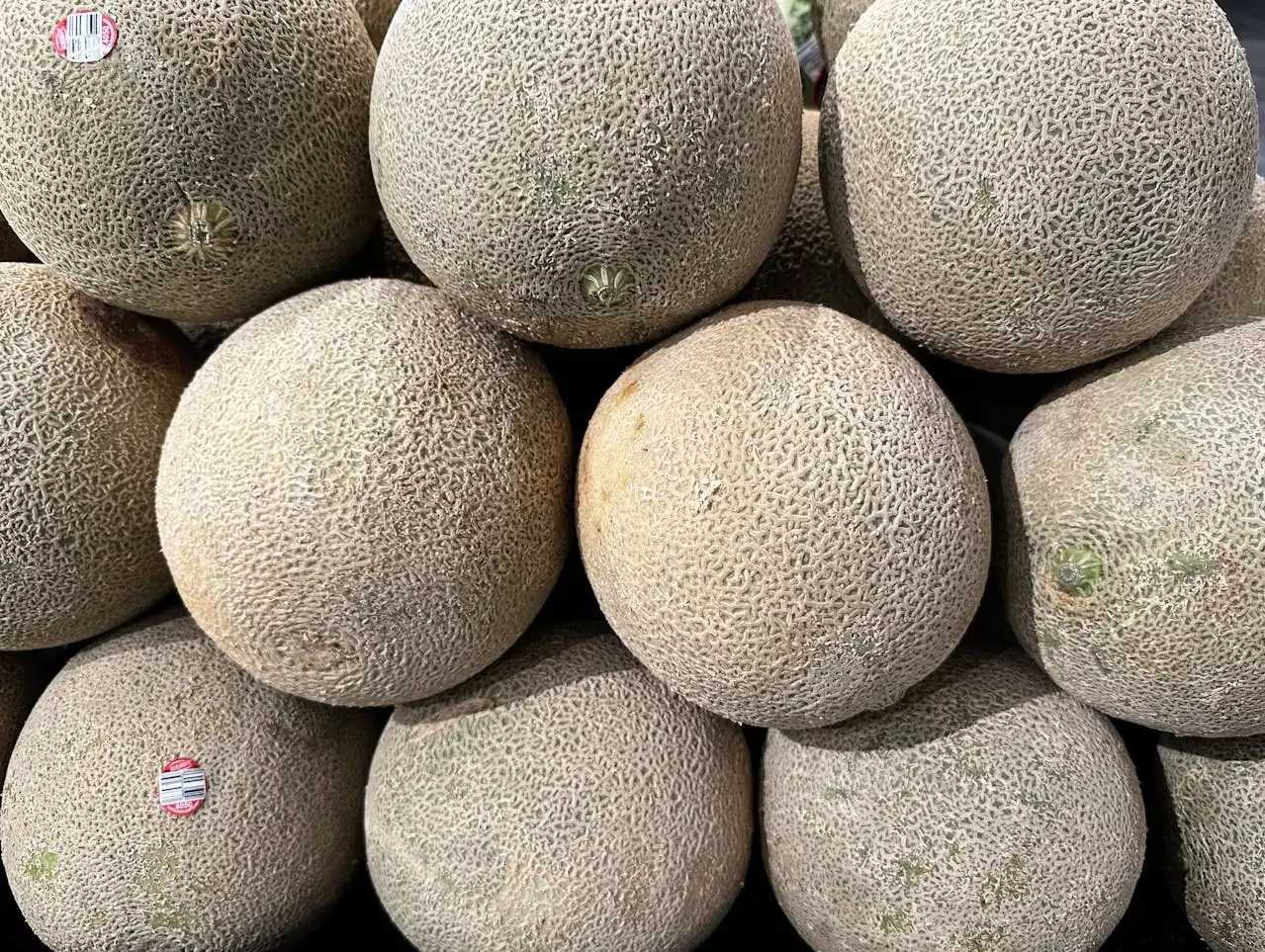
Professional Nutritionist
What is Collagen?
Collagen is the most abundant protein in the human body, accounting for about one-third of our total protein. It is a fibrous protein found in our skin, bones, muscles, tendons, and ligaments. Collagen provides strength, support, and elasticity to our tissues and plays a crucial role in maintaining the structure of our body.
The Different Types of Collagen
There are at least 16 different types of collagen in the human body, each with its unique structure and function. The most common types of collagen are Type I, II, and III. Type I collagen is the most abundant and is found in our skin, bones, tendons, and ligaments. Type II collagen is found in our cartilage, while Type III collagen is found in our blood vessels, organs, and muscles. Other types of collagen include Type IV, V, and VI, which are found in our basement membranes, placenta, and various tissues.
The Benefits of Collagen
Collagen has many benefits for our bodies. It can improve the health and appearance of our skin by increasing its elasticity, firmness, and hydration. Collagen can also help to reduce joint pain and inflammation by supporting the cartilage in our joints and reducing the activity of enzymes that break down cartilage. Additionally, collagen can help to strengthen our bones and muscles, which can improve our overall physical performance and reduce the risk of fractures.
Collagen may also have other health benefits, such as improving digestive health, boosting metabolism, and promoting cardiovascular health. Some studies suggest that collagen may help to improve skin conditions such as acne, eczema, and psoriasis, although more research is needed to confirm these effects.
BUY NOW
How to Increase Your Collagen Intake
There are several ways to increase your collagen intake. One way is to consume foods that are rich in collagen, such as bone broth, fish, chicken, and pork skin. These foods contain collagen in the form of gelatin, which can be broken down into individual collagen peptides during digestion. Another way is to take collagen supplements, available in various forms such as powders, capsules, and gummies. Collagen supplements may contain collagen peptides from animal sources such as bovine or marine collagen, or plant-based collagen precursors such as vitamin C and amino acids.
Additionally, you can support collagen production in your body by eating a healthy diet rich in vitamins and minerals, particularly vitamin C and zinc. Vitamin C is essential for collagen synthesis, while zinc is a cofactor for collagen enzymes. Eating a diet that is rich in fruits, vegetables, nuts, seeds, and lean protein can help to provide these nutrients.
Potential Side Effects of Collagen Supplements
While collagen supplements are generally considered safe, there are some potential side effects to be aware of. Some people may experience digestive symptoms such as bloating, constipation, or diarrhea when taking collagen supplements. Additionally, collagen supplements may interact with certain medications, so it is important to speak with your doctor before taking them if you are currently taking any medication.
Conclusion
In conclusion, collagen is an essential protein that plays a critical role in maintaining the structure and strength of our body. It has many benefits, including improving the health and appearance of our skin, reducing joint pain and inflammation, and strengthening our bones and muscles. By consuming collagen-rich foods or taking collagen supplements, we can support our body’s collagen production and reap these benefits.



















